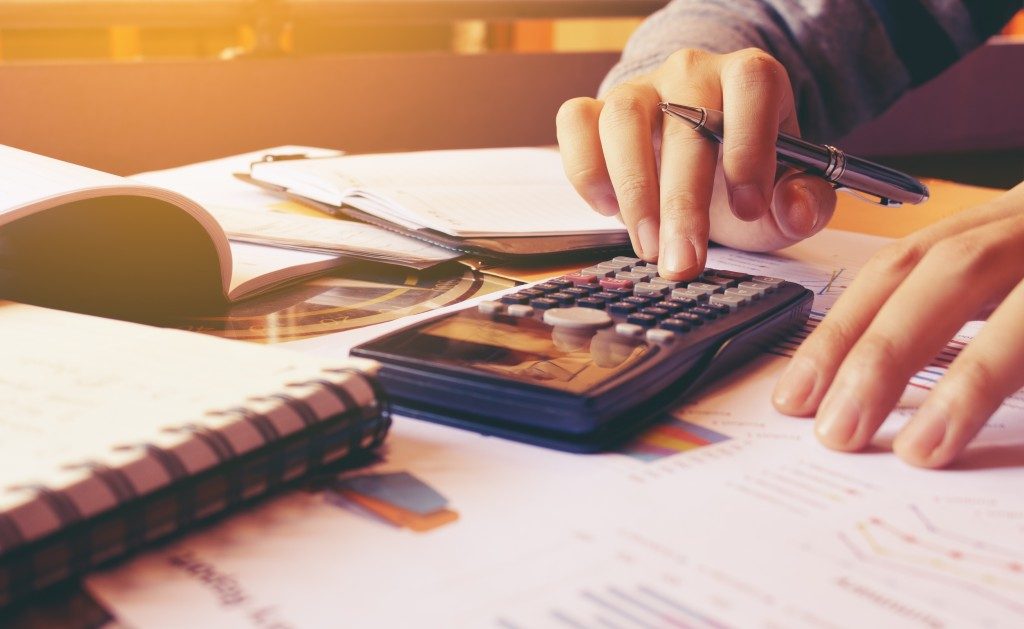Canada has a debt problem, and nobody in the country understands this dilemma better than Ontarians. Between 2010 and 2016, the average household debt in the Heartland Province jumped from $119,000 to $154,000. During this period, the household debt growth outpaced that of disposable income, 5.6% against 3.4%.
Any expert in debt counseling in Sudbury knows that the years 2017, 2018, and 2019 did not show promise. The level of indebtedness of Ontarians continues to rise, which could hurt the economy down the road.
When you can’t repay everything you owe with your disposable income, you need to do something about it to break this vicious cycle. However, what you do not do is just as important as what you do. Below are the things you should stop or avoid doing if you are to surmount the mountain of debt in front of you.
Touching Your Home Equity
Home equity lines of credit (HELOCs) are some of the culprits of Ontario’s ballooning household debt. Unlike credit cards, these financial products, although they can come with lower interest rates, are more dangerous because they involve valuable collateral.
HELOCs are technically second mortgages. This fact alone makes them extremely risky, for borrowing against your property can put you in negative equity should house prices in your area plummet in the future.
If you value security, stay away from the temptation of a HELOC to own your house free and clear come your retirement. Otherwise, your sunset years would likely be more stressful when you realize you have yet to zero out your mortgage balance at a time when you should stop working and enjoy the remainder of your life.
Tackling an Unreasonable Renovation
Home renovations are expensive and are some of the most common reasons why HELOCs are taken out. There is nothing wrong about repairing a broken roof or upgrading a dated kitchen but spend your money on home improvement in moderation.
Buying a Car
Applying for an auto loan to drive a new car is an unwise decision. The depreciating asset does not justify the size of debt you need to acquire to make the purchase.
If you like to change vehicles frequently, you might be better off leasing instead. Leasing is not without drawbacks, but it costs much less than buying a new car and replacing it periodically.
Visiting Restaurants

Eating out might not cost a lot at first, but it adds up. Check your credit card bill to see how much you spent on dining every month and gain some perspective. It is not a crime to indulge yourself and treat your family from time to time, but there is a lot of merit in preparing home-cooked meals.
Your debt is not going to go away on its own. Sooner or later, you have to face the music. While there is no convenient way to deal with it, you should start taking the necessary steps to break free from severe indebtedness to mitigate its long-term impact on your family’s life.
